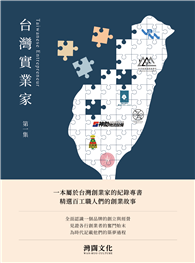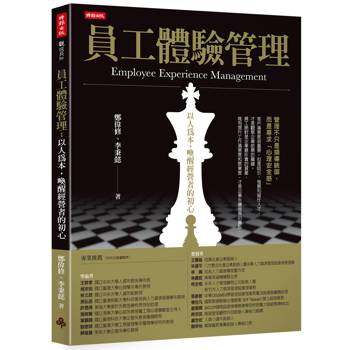How early Christian gospels were written is an old question that continues to engage scholars. Moving beyond the traditional approach of reading Luke as a "gentile" gospel composed primarily using Greco-Roman methods of history and biography writing, this book argues that Luke’s use of the earlier Gospel of Mark should be understood in the context of contemporaneous early Jewish writings known as "Rewritten Scripture." Texts like the Book of Jubilees and Josephus’s Antiquities interpret Scripture by rewriting it in such a way that ambiguities and contradictions are diminished, while also adapting it to contemporary beliefs and practices. A similar strategy of interpretation through rewriting best explains Luke’s reworking of Mark. Even if Mark is not yet "Scripture," Luke’s manner of rewriting Mark suggests that Luke views the earliest gospel as an authoritative narrative about Jesus that merits interpretive clarification and expansion rather than rejection or critique. This approach offers solutions to various "problems" in the composition of Luke, such as the combination of expansion and omission, verbatim repetition and free paraphrase, and it also places Luke’s compositional process within a plausible ancient literary context.
| FindBook |
有 1 項符合
The Composition of Luke and Rewritten Scripture的圖書 |
 |
The Composition of Luke and Rewritten Scripture 作者:Potter 出版社:de Gruyter 出版日期:2024-12-30 語言:英文 規格:精裝 / 340頁 / 普通級/ 初版 |
| 圖書館借閱 |
| 國家圖書館 | 全國圖書書目資訊網 | 國立公共資訊圖書館 | 電子書服務平台 | MetaCat 跨館整合查詢 |
| 臺北市立圖書館 | 新北市立圖書館 | 基隆市公共圖書館 | 桃園市立圖書館 | 新竹縣公共圖書館 |
| 苗栗縣立圖書館 | 臺中市立圖書館 | 彰化縣公共圖書館 | 南投縣文化局 | 雲林縣公共圖書館 |
| 嘉義縣圖書館 | 臺南市立圖書館 | 高雄市立圖書館 | 屏東縣公共圖書館 | 宜蘭縣公共圖書館 |
| 花蓮縣文化局 | 臺東縣文化處 |
|
|
圖書介紹 - 資料來源:博客來 評分:
圖書名稱:The Composition of Luke and Rewritten Scripture
|








